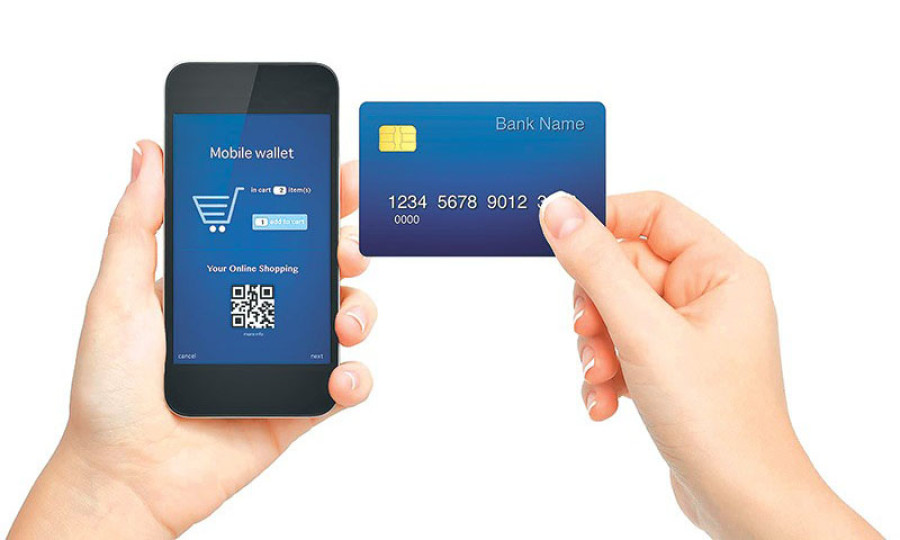Money
Government to launch digital payment system by April-end
The government is implementing a digital payment system by April-end that will enable customers to pay their taxes and utility bills through their mobile phones.
Krishana Prasain
The government is implementing a digital payment system by April-end that will enable customers to pay their taxes and utility bills through their mobile phones.
In the first phase, the system will be implemented in service oriented offices like Office of the Company Registrar, Transport Management Offices, Inland Revenue Department and the Public Service Commission. The government plans to make all digital payments of VAT, income tax and excise duty through the online system.
The National Information and Technology Centre under the Ministry of Communication and Information Technology said the national e-payment gateway would enable customers to get quick service, make transactions transparent and reduce tax evasion and overcharging.
Nepal Rastra Bank, the country’s central bank, has set a transaction limit of Rs5,000 for the first transaction, Rs10,000 per day and Rs25,000 a month for the e-wallet, according to Sunil Paudel, executive director of the centre. “Customers can make e-payment by using their bank account through their mobile phone.”
The government had announced its plan to digitise the payment of government and revenue collection during its 2018-19 budget announcement. According to Paudel, the draft of the working guideline will be prepared by mid-March.
Poudel said that the centre has already developed the software for the service and is currently being tested. Similarly, the service will be connected with telecom service providers, e-wallet companies, commercial banks and all government offices. The government will also be connecting with e-wallets like e-sewa and Khalti to enable digital payment.
While digital wallets such as eSewa and Khalti have allowed people to skip the long and arduous queues at government offices, its services are still limited.
Poudel said that the digital payment system would reduce cost of doing business, improve efficiency, reduce hassles and increase transparency. It will also reduce the workload of the government staffers while saving time of consumers.




 12.58°C Kathmandu
12.58°C Kathmandu













